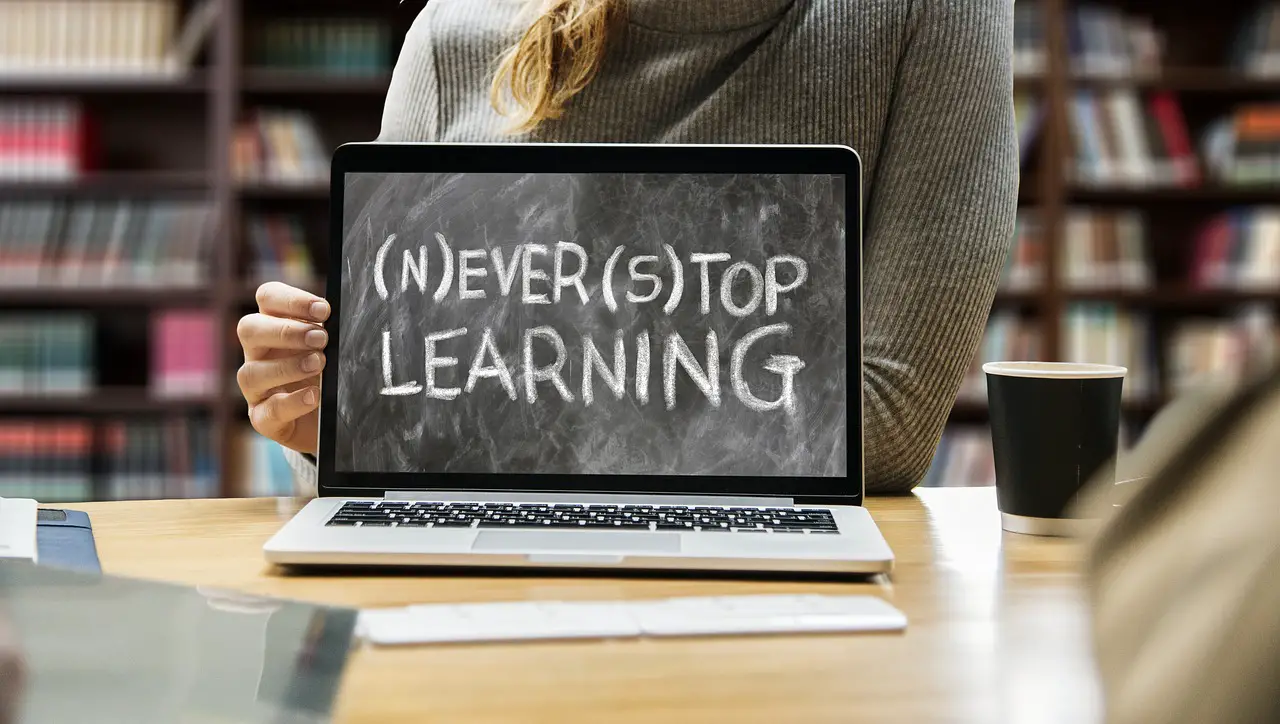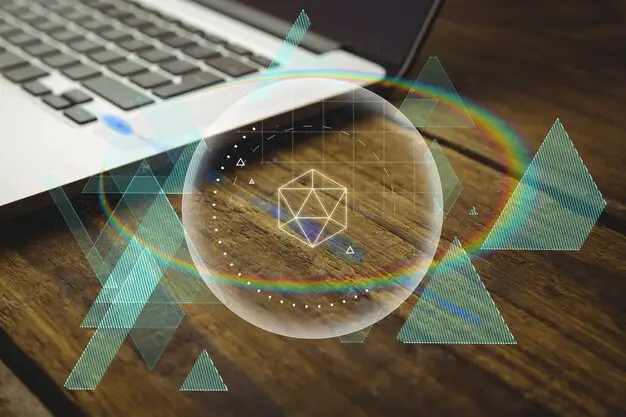Evolution of Education: Exploring Its History, Types, and Development
Page Contents
The Historical Timeline of Education
Education has been integral to human society for millennia, evolving through distinct phases across different cultures and eras:
Education, a fundamental aspect of human development, has evolved significantly throughout history, encompassing various types and methodologies. Here’s an article detailing the history, types, and development of education:

Ancient Civilizations:
- Mesopotamia and Egypt (3000-500 BCE): Early forms of schooling focused on religious teachings, writing, and basic mathematics.
- Ancient Greece (700-300 BCE): Philosophers like Plato and Aristotle laid the foundation for structured education, emphasizing philosophy, mathematics, and physical education.
- Ancient India and China (1500 BCE – 1000 CE): Established formal schooling systems, emphasizing moral and ethical teachings, mathematics, and governance.
Middle Ages to Renaissance:
- Medieval Europe (5th – 15th century): Education predominantly controlled by the church, focusing on religious teachings, Latin, and theology.
- Renaissance (14th – 17th century): A revival of learning and arts led to the emergence of humanism and the study of classical works, fostering secular education.
Modern Era:
- 18th – 19th century: The Enlightenment period emphasized reason and science, paving the way for modern educational reforms.
- 20th century: Significant advancements in education, including compulsory education laws, pedagogical innovations, and the rise of digital technology.
Types of Education
Formal Education:
- Primary Education: Elementary schooling focusing on foundational skills like reading, writing, and arithmetic.
- Secondary Education: High school education preparing students for higher studies or vocational training.
- Higher Education: Tertiary education in colleges and universities offering undergraduate and graduate programs.
Informal Education:
- Self-Directed Learning: Independent learning outside formal institutions through books, online resources, or experiences.
- Home Education: Education provided at home by parents or tutors instead of traditional schooling.
Non-formal Education:
- Vocational Training: Skill-based education preparing individuals for specific trades or careers.
- Adult Education: Education programs for adults to acquire new skills or knowledge outside formal schooling.
Development and Modern Approaches
Pedagogical Approaches:
- Traditional Pedagogy: Teacher-centered instruction with a focus on lectures and direct instruction.
- Progressive Education: Student-centered approach emphasizing experiential learning, critical thinking, and problem-solving.
- Montessori Education: Emphasizes self-directed learning and hands-on activities based on the principles of Maria Montessori.
- Constructivist Approach: Focuses on learners actively constructing knowledge through interactions and experiences.
Technological Advancements:
- Digital Learning: Integration of technology in education, including online courses, digital resources, and educational apps.
- Blended Learning: Combines traditional classroom teaching with online resources and interactive technology.
- Personalized Learning: Tailoring education to individual student needs and interests using technology and adaptive learning platforms.
Global Education Initiatives:
- Education for All (EFA): A global commitment to ensuring universal access to quality education.
- Sustainable Development Goals (SDGs): Goal 4 aims to ensure inclusive and equitable quality education for all by 2030.
Challenges and Future Trends
Challenges:
- Access and Equity: Disparities in access to education based on socio-economic status, geography, and gender.
- Quality of Education: Ensuring high-quality education for all, including marginalized communities.
- Technology Integration: Addressing the digital divide and utilizing technology effectively in education.
Future Trends:
- Personalized Learning: Individualized education catering to diverse student needs.
- Global Collaboration: Increased international cooperation and exchange programs.
- STEM Education: Emphasis on Science, Technology, Engineering, and Mathematics (STEM) disciplines.
- Lifelong Learning: Continuous learning opportunities beyond formal education throughout life.
Conclusion
Education, from its ancient roots to its modern iterations, has been pivotal in shaping societies and fostering human progress. Its diverse types and methodologies continue to evolve, adapting to changing needs and technological advancements. Despite challenges, the future of education holds promise through innovative approaches aimed at providing equitable, inclusive, and quality learning experiences for all.
Education’s evolution reflects humanity’s quest for knowledge and progress, fostering individual growth and societal development. Its diverse types and ongoing advancements contribute to shaping a world where education remains a cornerstone of empowerment and opportunity.







